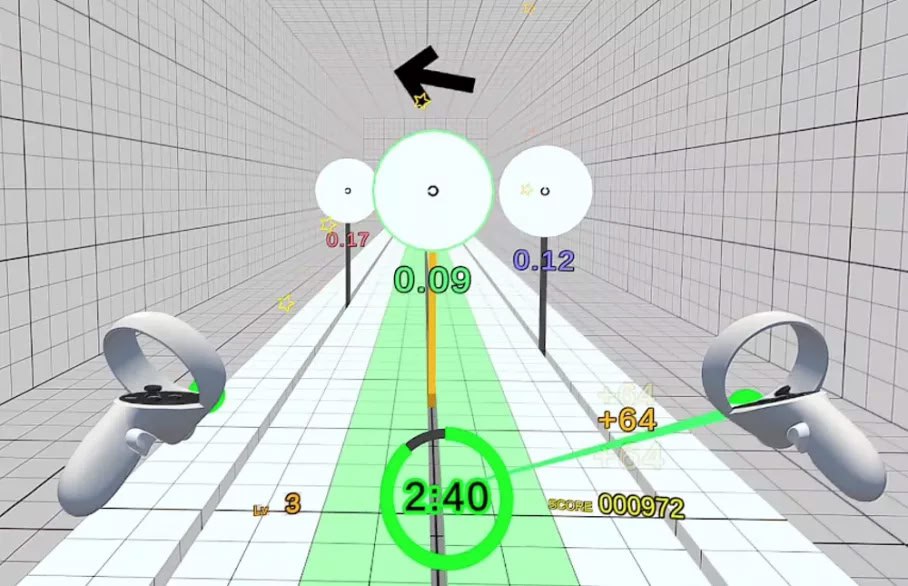In a groundbreaking study, researchers from Kwansei Gakuin University in Japan have developed a VR game for the Quest 2 that shows promising results in improving eyesight.
Announced on May 31, 2025, the study, detailed in a report by IGN, reveals how this innovative game could offer a new approach to vision correction through immersive gameplay. While the findings are preliminary, they hint at an exciting intersection of technology and healthcare.
A Shooter That Sharpens Vision
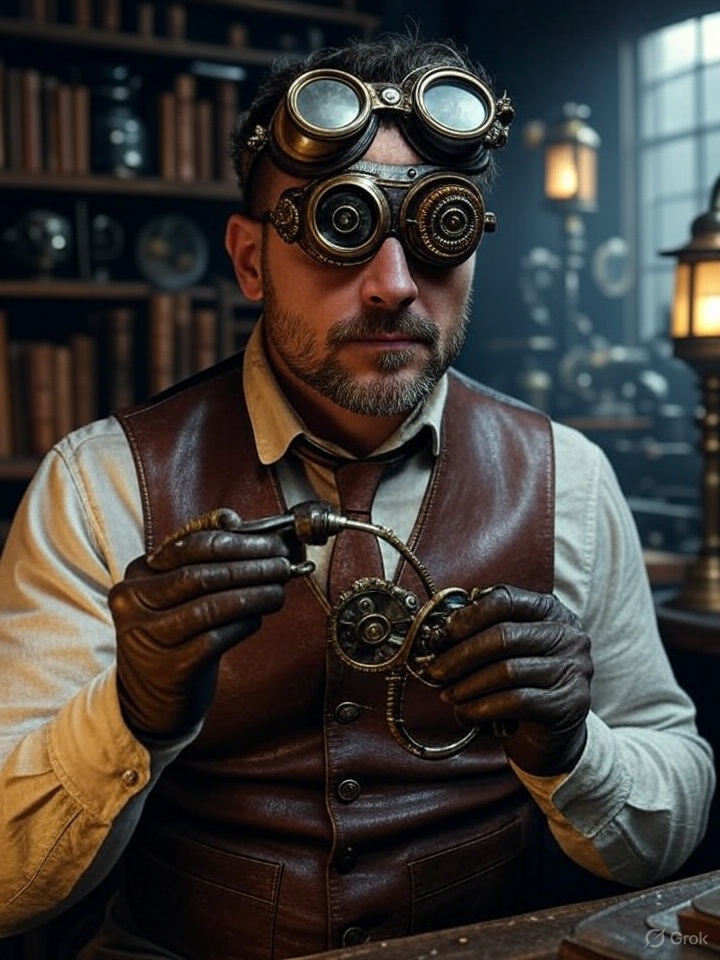 The VR game, a dynamic first-person shooter, was designed with a specific goal: to train the eyes by encouraging players to shift their focus across varying distances. Players aim at targets that appear at different depths within the virtual environment, mimicking real-world scenarios where the eyes must constantly adjust focus — such as looking from a nearby object to a distant one.
The VR game, a dynamic first-person shooter, was designed with a specific goal: to train the eyes by encouraging players to shift their focus across varying distances. Players aim at targets that appear at different depths within the virtual environment, mimicking real-world scenarios where the eyes must constantly adjust focus — such as looking from a nearby object to a distant one.
This process, known as accommodation, is critical for maintaining clear vision, but it often weakens in conditions like myopia (nearsightedness), a growing issue globally.
The game’s mechanics leverage the Quest 2’s high-resolution display and precise tracking to create a controlled environment for vision training.
By engaging players in fast-paced target practice, the game not only makes the experience enjoyable but also ensures consistent eye exercise.
Unlike traditional vision therapy, which can feel repetitive and clinical, this VR shooter adds an element of fun, potentially increasing user adherence to the training regimen.
Promising Results from a Small-Scale Study
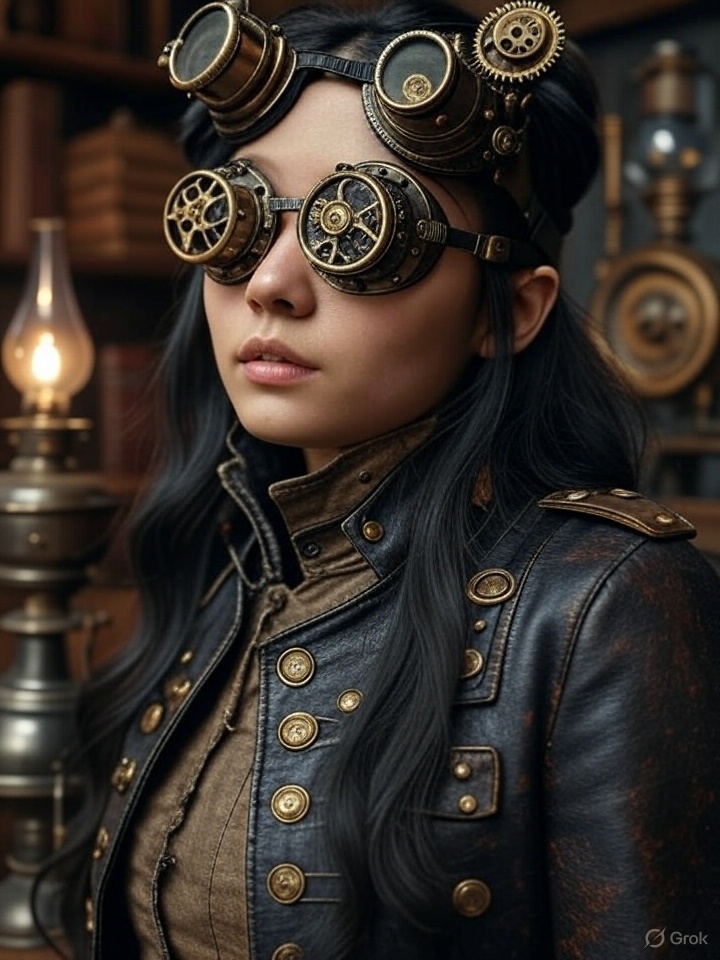 The experiment, conducted over six weeks, involved a small group of ten young adults, several of whom struggled with myopia.
The experiment, conducted over six weeks, involved a small group of ten young adults, several of whom struggled with myopia.
Participants played the VR game for 30-minute sessions, five days a week. By the end of the study, all participants showed measurable improvements in their vision, with those affected by nearsightedness experiencing the most significant gains.
Tests using standard eye charts revealed enhanced visual acuity, and some participants reported better clarity when viewing distant objects in real life.
The researchers attribute these improvements to the game’s ability to strengthen the eye muscles responsible for focusing.
The constant shifting of focus between near and far targets in the VR environment likely stimulated neuroplasticity in the visual system, allowing the brain and eyes to adapt and improve over time. For individuals with myopia, this training may help counteract the eye’s tendency to elongate, a common cause of nearsightedness.
Cautious Optimism and Future Research
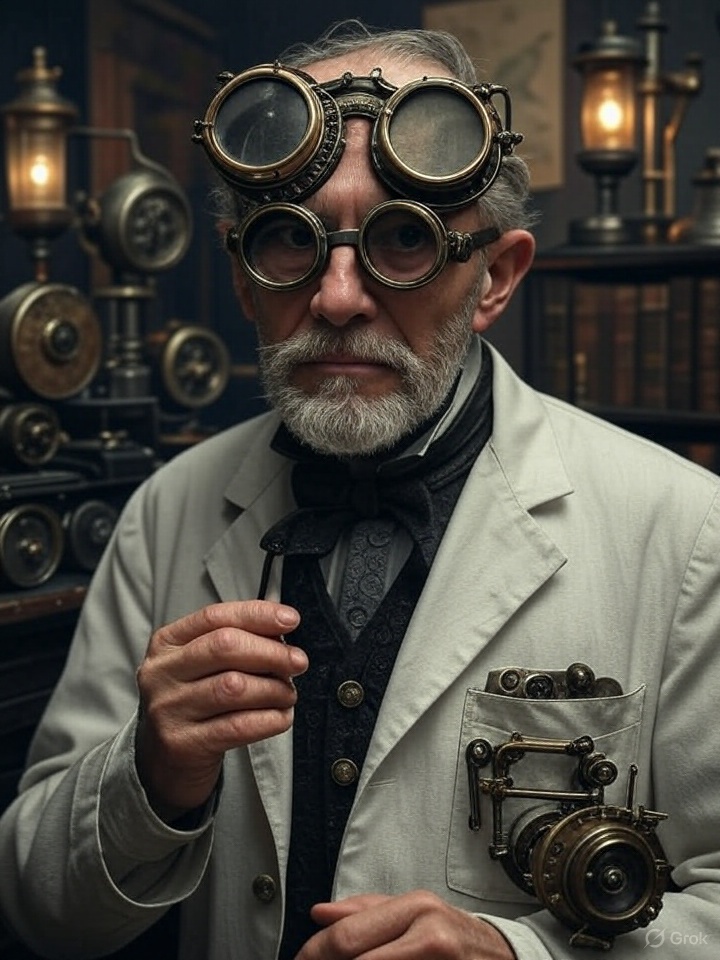 While the results are encouraging, the study’s small sample size—only ten participants—means the findings must be interpreted with caution. The limited scope raises questions about the game’s effectiveness across a broader population, including older adults or those with more severe vision impairments. Factors like age, the severity of myopia, and individual differences in eye health could influence outcomes, and the current study doesn’t address these variables.
While the results are encouraging, the study’s small sample size—only ten participants—means the findings must be interpreted with caution. The limited scope raises questions about the game’s effectiveness across a broader population, including older adults or those with more severe vision impairments. Factors like age, the severity of myopia, and individual differences in eye health could influence outcomes, and the current study doesn’t address these variables.
Acknowledging these limitations, the Kwansei Gakuin team is already planning larger-scale experiments to validate their findings. Future trials will include a more diverse group of participants and longer testing periods to assess the game’s long-term impact on vision. The researchers also aim to explore whether the game can help with other vision issues, such as farsightedness or astigmatism, potentially broadening its therapeutic applications.
Also read:
- California vs. Paramount: State Senate Probes Alleged Bribery of Donald Trump
- AI Turns Into a Pedantic Editor: A Prompt Unearthed to Transform ChatGPT Into a Fact-Checking Detective
- iOS 19 — The Update We Deserve: A Game-Changing Redesign and AI-Powered Future
A New Frontier in Vision Care?
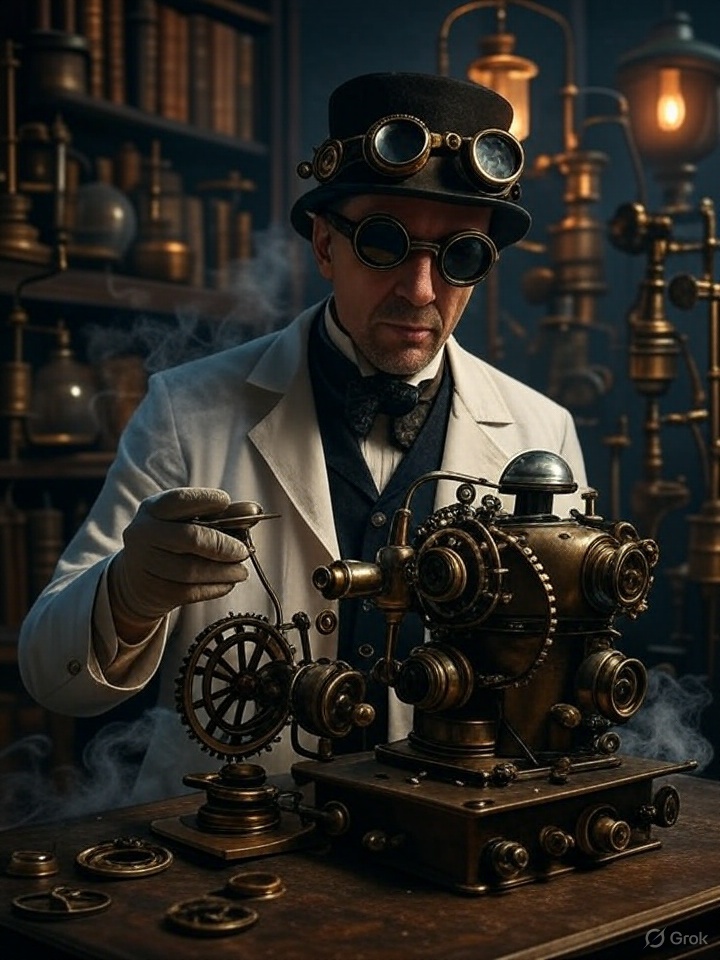 The development of this VR game marks an exciting step forward in the use of technology for health improvements.
The development of this VR game marks an exciting step forward in the use of technology for health improvements.
If further studies confirm its efficacy, the game could become a mainstream tool for vision correction, offering a non-invasive, engaging alternative to glasses, contact lenses, or surgery. Its accessibility on the Quest 2, a widely available VR headset, also makes it a practical option for home use, potentially reaching millions of users worldwide.
For now, the Japanese scientists’ VR shooter serves as a proof of concept, demonstrating the potential of VR to address real-world health challenges.
As research progresses, this game could pave the way for a new era of vision therapy — one where improving your eyesight is as simple as picking up a VR controller and taking aim. Stay tuned for updates as the team continues to explore this innovative approach to eye care.
Word count: ~350
This article provides a concise, engaging overview of the VR game’s development, its impact on eyesight, the study’s findings, and future research plans, while including the IGN link for reference.

